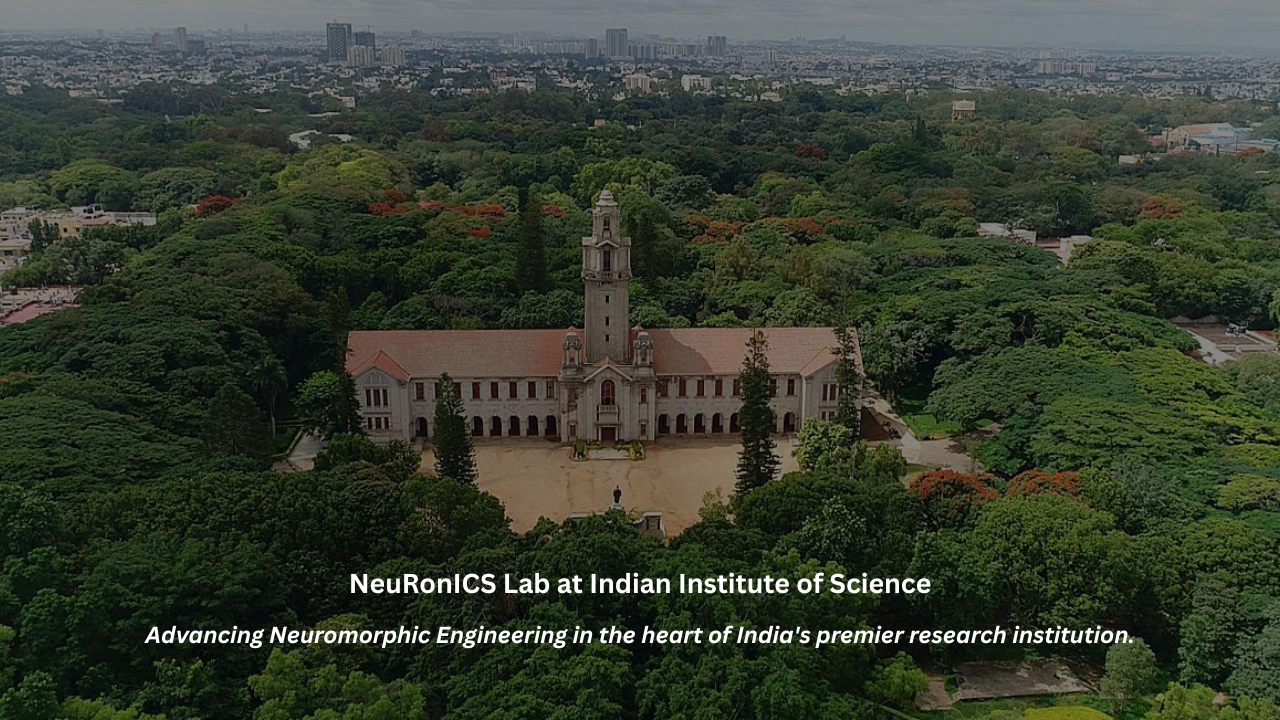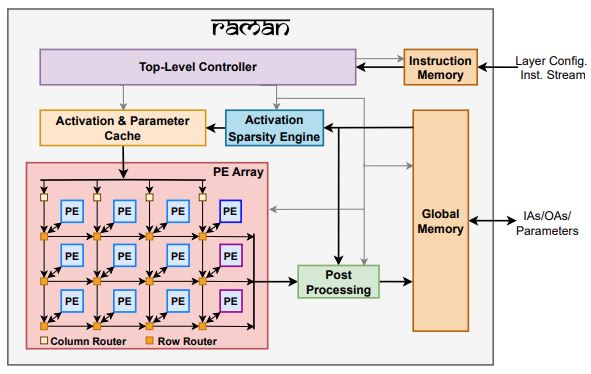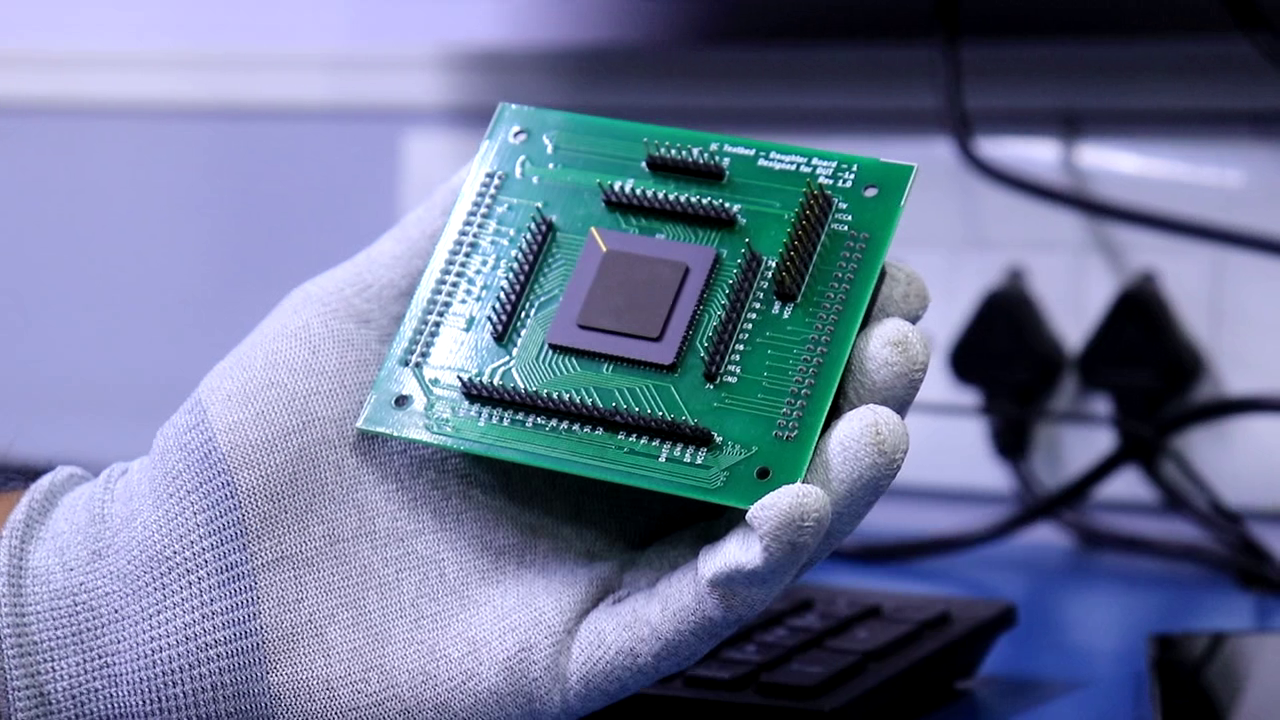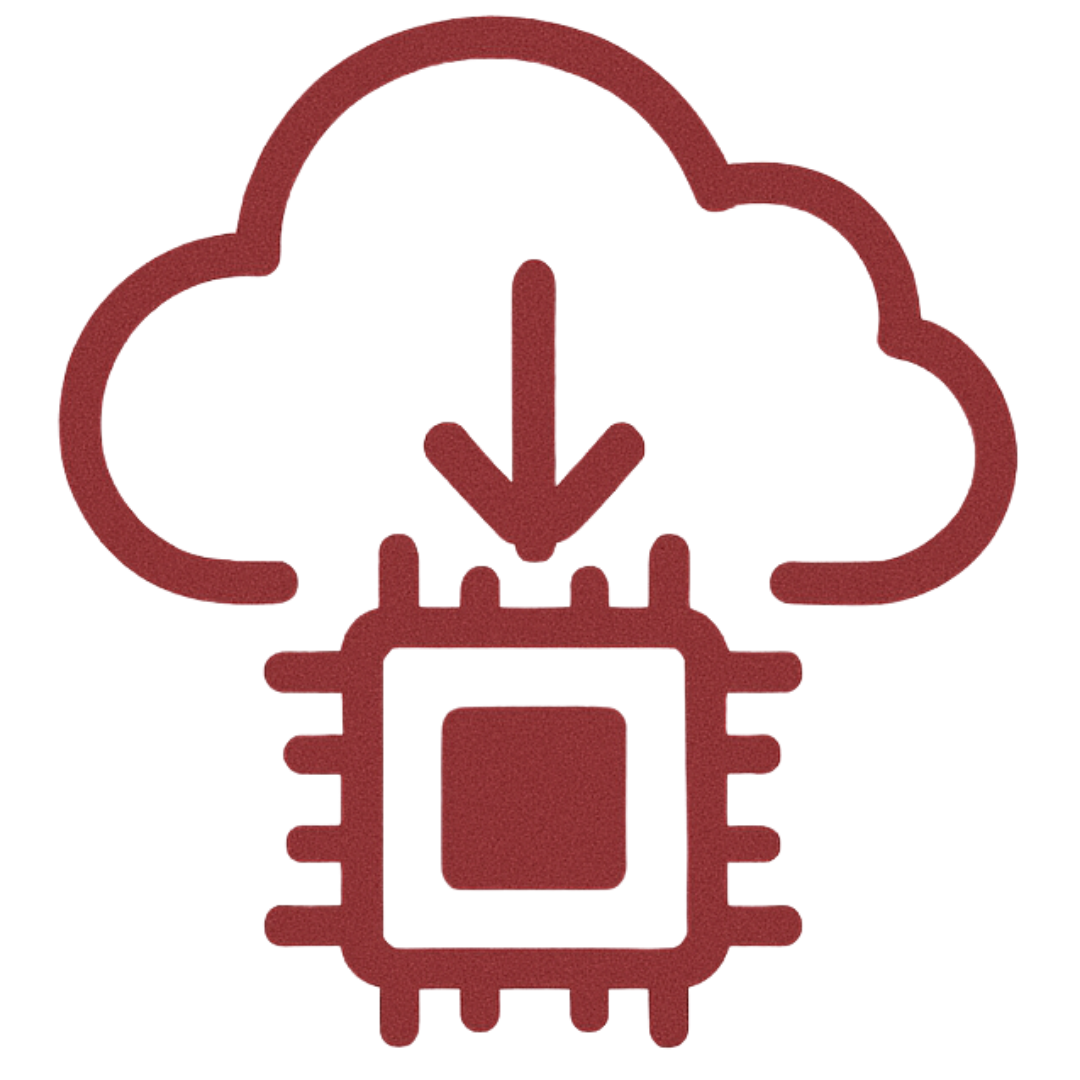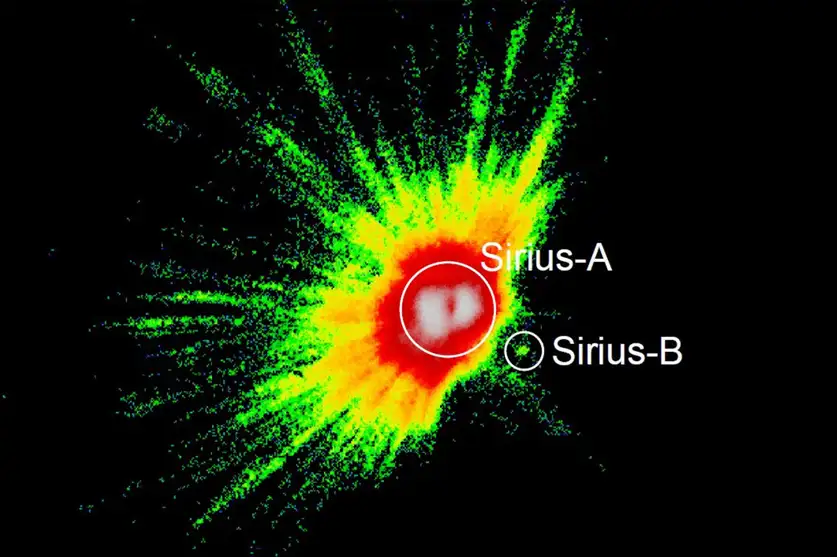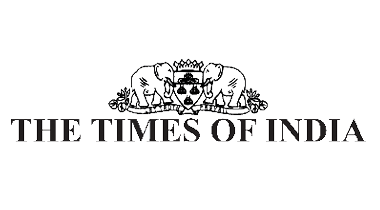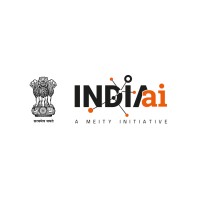Welcome to the NeuRonICS Lab at the Indian Institute of Science
“By emulating the way the brain interacts with the world, the goal of neuromorphic computing is to create intelligent machines that can reason, learn, and adapt as humans do.”
The central research focus of the NeuRonICS lab is to understand the principles of brain computation and to apply this understanding in electronic systems for building intelligent systems. Engineers have a lot to learn about computation from the brain, which has evolved over billions of years to solve difficult engineering problems. Efficient, parallel, low-power computation is a hallmark of the brain, and to be able to replicate this in electronic systems is one of the goals of the lab. Research interests of the lab span a broad range of subjects such as ASIC/FPGA VLSI design, analog IC design, brain-inspired algorithms, computational neuroscience, machine learning, and event-based sensors.
Focus Areas of Our Research
As we navigate the complex landscape of neuromorphic engineering, we concentrate our efforts across several key areas. Each domain represents a unique challenge and opportunity for advancing our understanding and capability in creating brain-inspired technology. Here are the core research themes we are passionately exploring:
Discover Opportunities at the NeuRonICS Lab
Are you curious about the roles you can play in advancing neuromorphic engineering? To explore the range of opportunities available, including collaborative projects, internships, and academic roles, please click the button below. Join us in our modest pursuit of understanding and innovation, inspired by the intricacies of neuromorphic systems.



